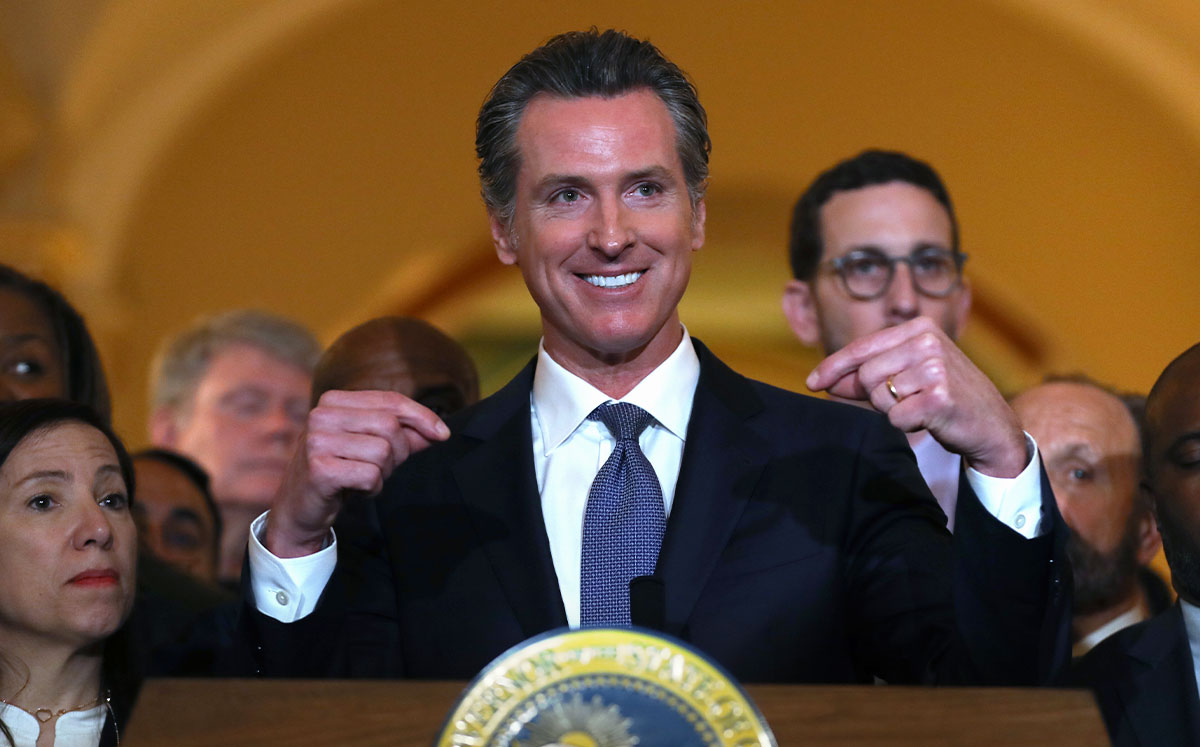Trending
Newsom signs into law slate of tenant protection and housing measures
Among 15-bill package is one aimed at boosting moderate-income, medium-density housing development

Gov. Gavin Newsom signed into law a package of real estate-related measures Tuesday aimed at boosting housing development and protecting tenants. Of the 15 bills, here are five of the most notable:
*Assembly Bill 725 attempts to increase moderate-income, medium-density housing development. After Jan. 1, 2022, all cities statewide will have to zone at least 25 percent of their share of regional housing need for middle-income housing. Those properties must be on parcels where zoning allows at least four units of housing and no more than 100 units per acre.
*Assembly Bill 831 creates a means for developers to modify their projects after having received permits, and adheres to Senate Bill 35, a 2017 measure that required jurisdictions to zone for enough housing to meet future local need. The bill instructs how cities can review those changes and clarifies SB 35’s project review process.
*Senate Bill 288 seeks to streamline development and reduce costs by exempting some transportation-related projects from certain reviews under the California Environmental Quality Act. Some of those projects include pedestrian and bicycle facilities and the development of new bus rapid transit.
State Sen. Scott Wiener authored SB 288. Wiener has been pushing to cut red tape related to residential development for years. He has failed to rally colleagues around some of his sweeping measures, like a series of bills that allowed for more dense development near transit.
*Senate Bill 1157 requires multifamily landlords to offer tenants the option to have their rent payments reported to a consumer credit reporting agency, for a fee. The measure, authored by Sen. Steven Bradford, applies to landlords with 200 or more units occupied by low-income households, is intended to help renters build credit.
*Sen. Nancy Skinner’s Senate Bill 1079 allows tenants, local governments, and housing nonprofits a chance to buy a foreclosed home at auction before corporate investors are given the chance.
“We can’t afford a repeat of the foreclosure crisis when corporations gobbled up tens of thousands of homes, and significantly reduced home ownership among California residents,” Skinner said regarding the bill in late August.
Late last month, Newsom signed into law a measure that may have the biggest impact on renters and landlords in the short-term: AB 3088. The bill bars residential evictions through Feb. 1 for people who have lost income because of the coronavirus pandemic.
Newsom also announced on Monday that he vetoed a bill from Assembly member Phil Ting that would provide new funding for the construction of accessory dwelling units because it “could harm” the credit rating of the California Housing Finance Agency.




